Two Researchers from India and Sweden Share Knowledge in Sharing Session at FK UNS
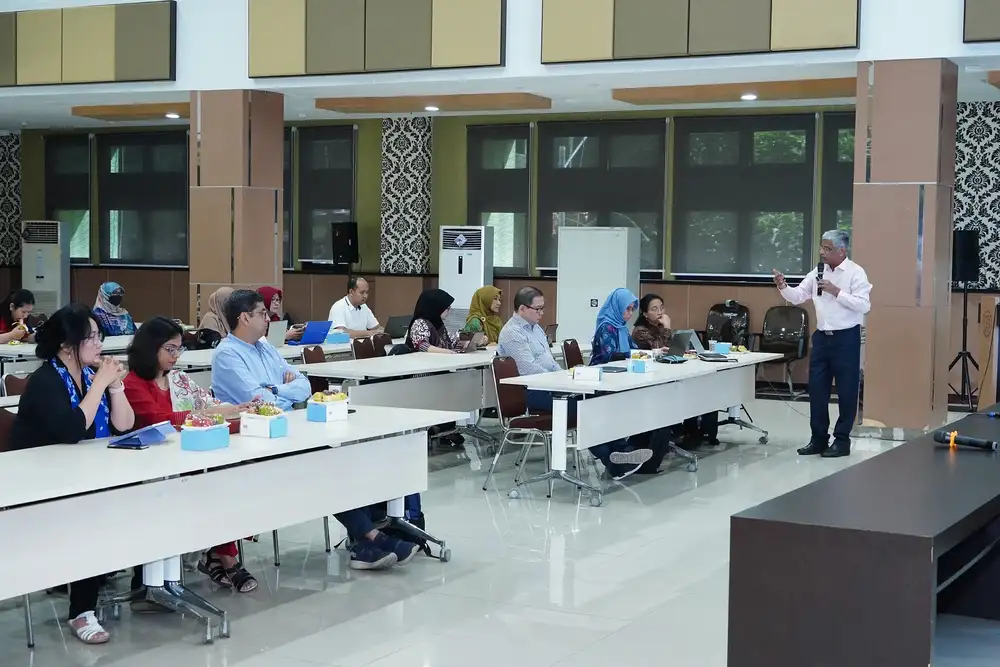
The Faculty of Medicine (FK) Universitas Sebelas Maret (UNS) in its efforts to strengthen its vision and mission in producing community-oriented graduates, on Friday (9/6/2023) held a Sharing Session: Community Based Research from India and Sweden which presented a research team from India and Sweden.
Taking place in the Auditorium of FK UNS, this activity is a series of research activities on the Integrated Tuberculosis, Diabetes, and Smoking Cessation Model (ICON) Project which involves 4 institutions namely Universitas Sebelas Maret, Padjadjaran University Bandung, KEM Research Hospital Vadu Rural Health Center India, and UMEA University Sweden.
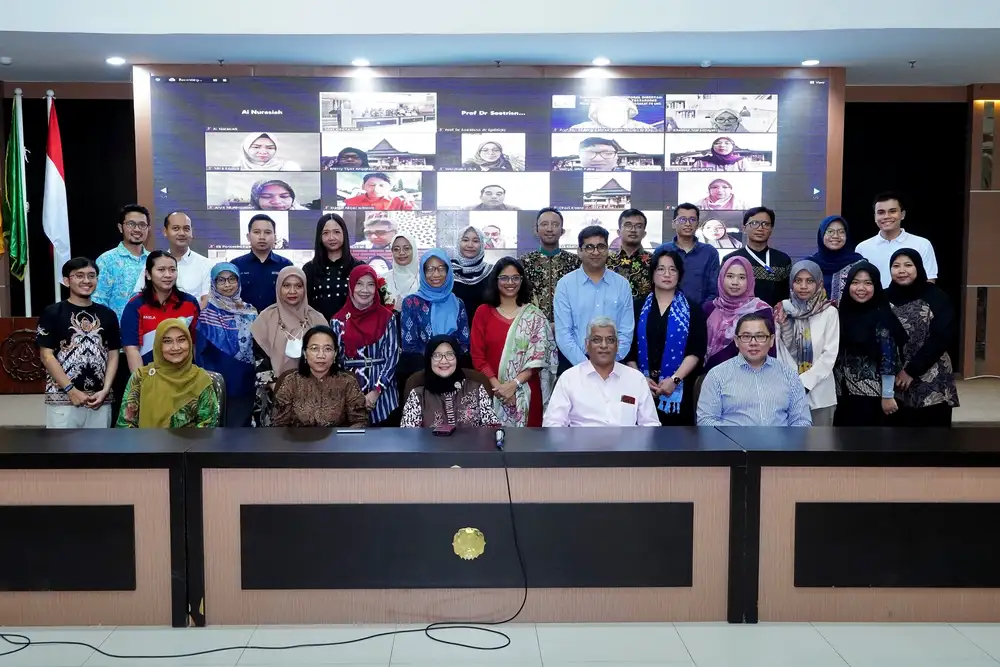
This activity was held in a hybrid manner with some participants taking part in the activity via a zoom meeting. Present offline in this activity, Vice Dean for Academic, Student and Alumni Affairs FK UNS, Paramasari Dirgahayu, dr., Ph.D; Vice Dean of Planning, Business Cooperation and Information FK UNS, Dr. Selfi Handayani, dr., M.Kes; a research team from KEM Research Hospital Vadu Rural Health Center India, Prof. Sanjay Kamlakar Juvekar, Dr. Rutuja Ganeshrao Patil, Dr. Girish Bansilal Dayma; a research team from UMEA University, Sweden, Prof. Nawi, MD., M.PH., Ph.D; and Ailina Santosa, MD., M.MedSc(PH)., Ph.D.
Prof. Ari Natalia Probandari, dr., M.P.H., Ph.D in her remarks at this activity explained the ICON Project which is a networking project from 3 countries.
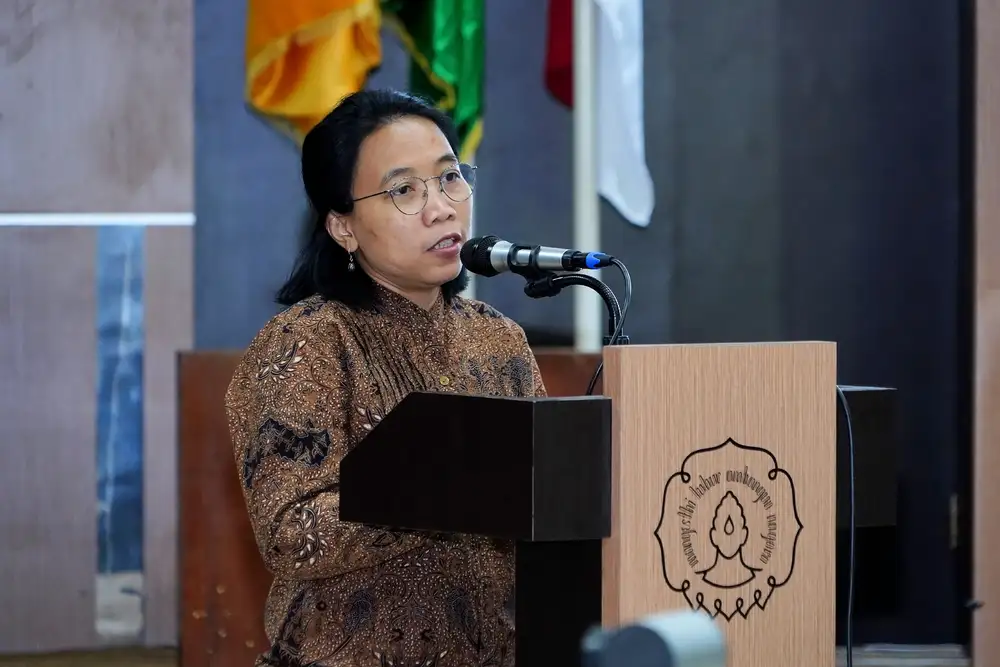
"So this Icon Project, if you extend the title, is Exploring the Potential for Integration of TB, Diabetes Mellitus and the Tobacco Control Program in India and Indonesia. So this is a networking project between three countries. There are several organizations in this network, we are trying to create a network with three countries, " Prof. Ari explained.
In this Sharing Session Prof. Sanjay emphasized the importance of the Health and Demographic Surveillance System (HDSS) in treating patients.
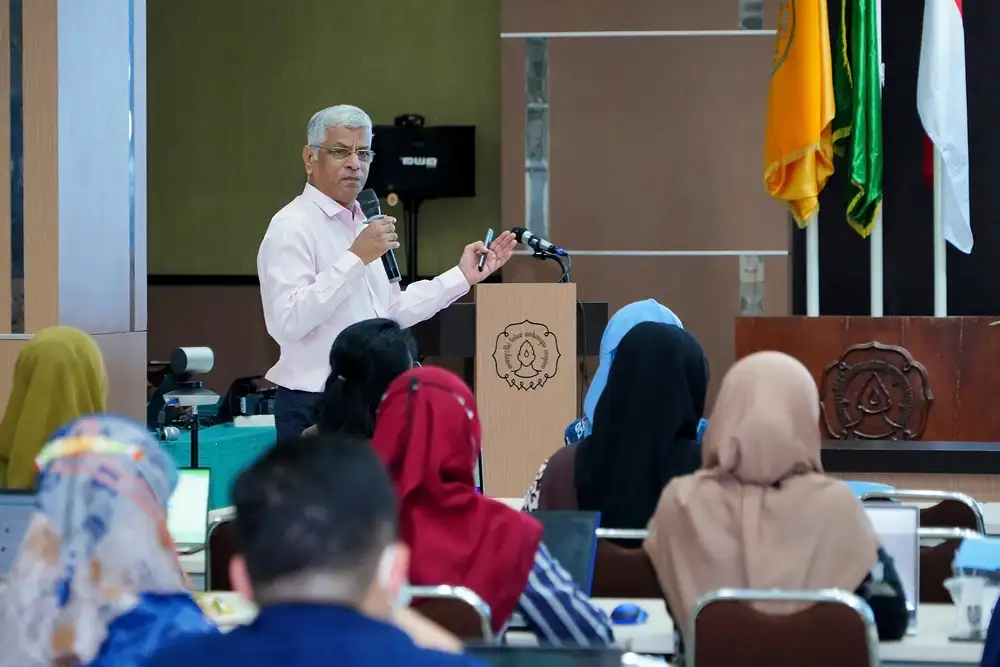
“This project accesses demographic dynamics because according to the US Medical Fraternity, when you treat patients, it's not just one individual you treat, when you talk about public health, about disease avoidance, prevention, for that you need to know births, deaths, marriages and so on," he explained.
He further stated that if all data regarding health and demographics can be well documented, it will make it easier for doctors or researchers to understand patients and the community.
"Knowing the population is very important in research, that's where the role of HDSS is," he concluded.
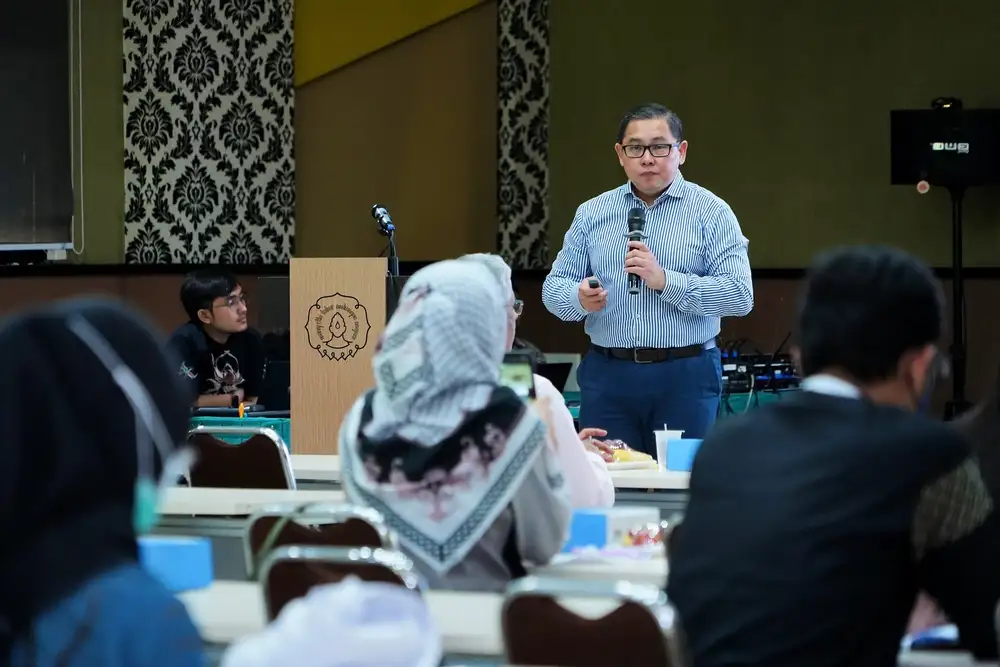
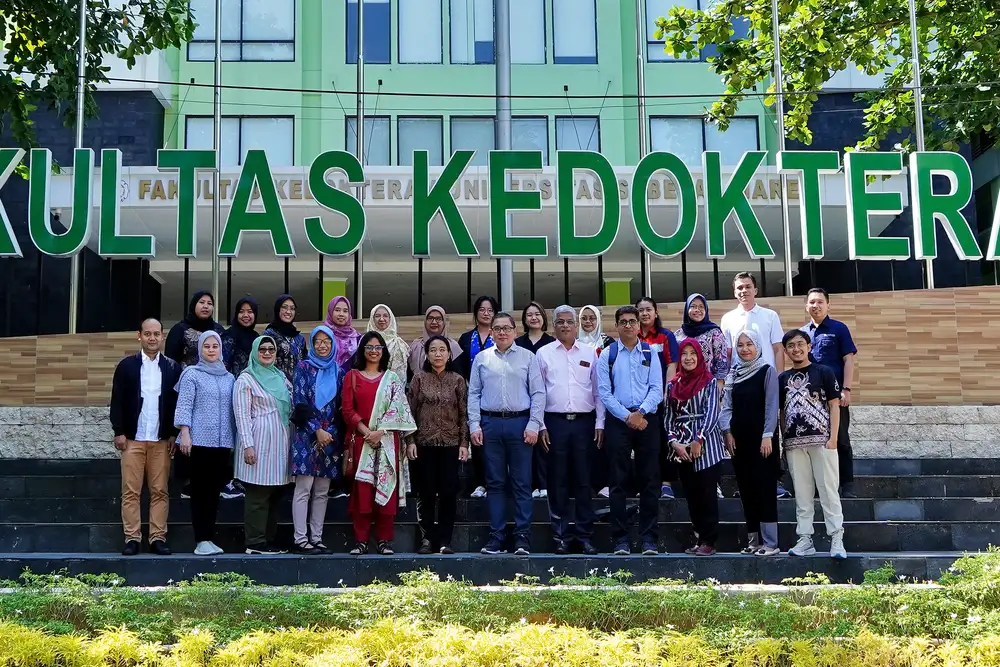
Reporter: Muh. Abu Dawud
Editor: Wartini
 bahasa indonesia
bahasa indonesia 



